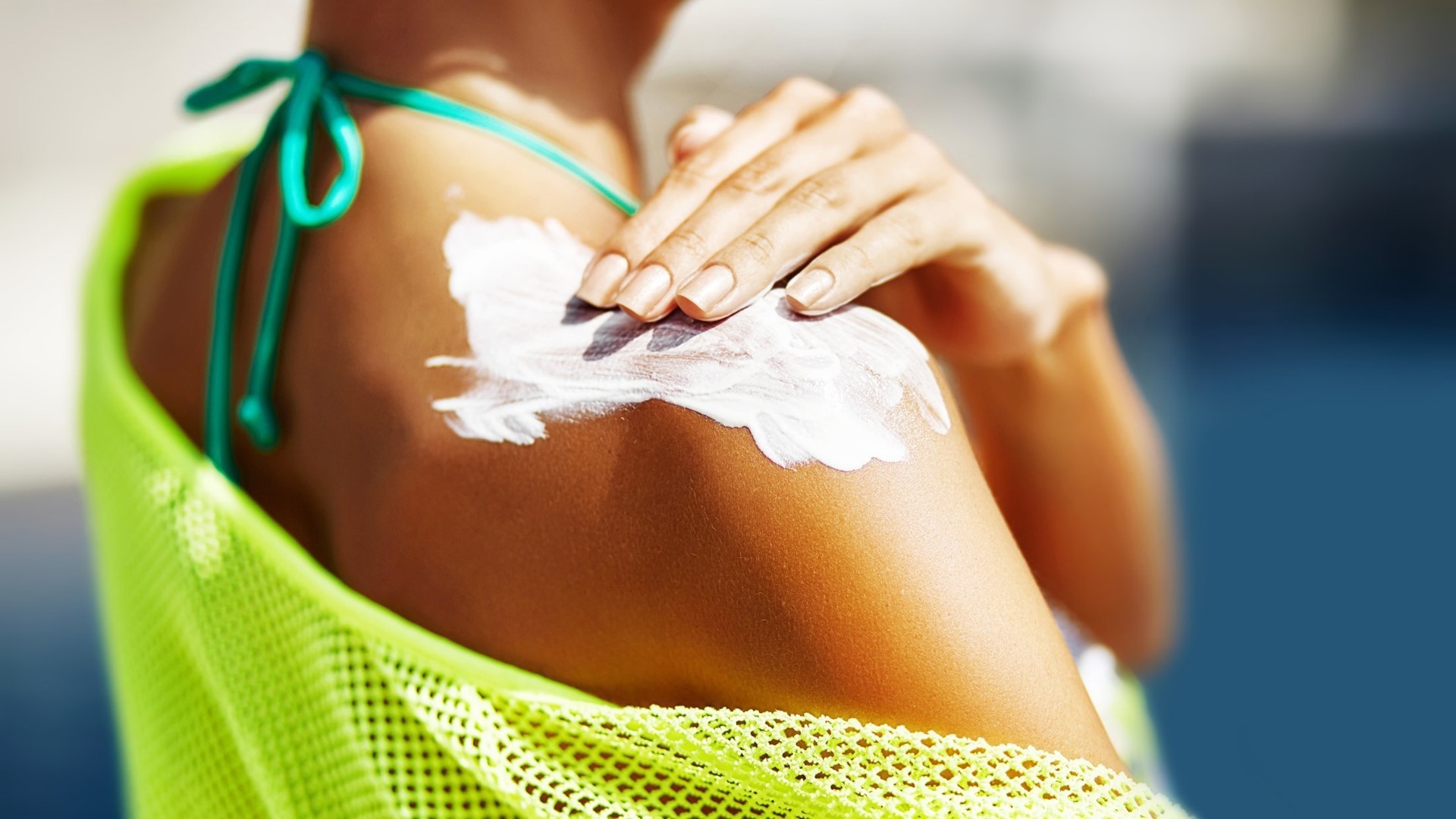COLUMBUS, Ohio — The internet has changed the way we receive and share information, and that’s especially true for health advice.
Posts that promise natural or organic alternatives to common products are gaining popularity, but when it comes to our children, what seems like a good idea online may actually put them at risk.
“They probably don’t meet the safety criteria or the standards for those product types,” said Dr. Lara McKenzie with Nationwide Children’s Hospital.
One popular example is homemade sunscreen. Researchers at the Center for Injury Research and Policy at Nationwide Children’s Hospital studied do-it-yourself sunscreen recipes posted on Pinterest.
The study found nearly all the posts claimed some level of sun protection, many including specific SPF levels up to 50.
“Some of the claims would offer recipes with ingredients that we know are not scientifically effective in offering that kind of broad spectrum coverage,” said Dr. McKenzie.
Commercially-available sunscreens are closely regulated by the FDA. They’re required to list all ingredients and have a proven level of both UVA and UVB protection. That’s not the case for these DIY versions.
“When we don’t know the effectiveness of homemade sunscreen recipes that have been shown online, we’re taking a risk with our children, with ourselves, and that risk is a really bad sunburn or skin cancer in the future,” said Dr. McKenzie.
Which is why it’s best to stick to regulated products when it comes to your child’s health or safety.
Experts are now calling for more healthcare professionals to get involved online and on social media apps to combat misinformation that can put kids at risk.
If parents have any questions about the safety of an online post, it’s a good idea to ask your pediatrician about it.

